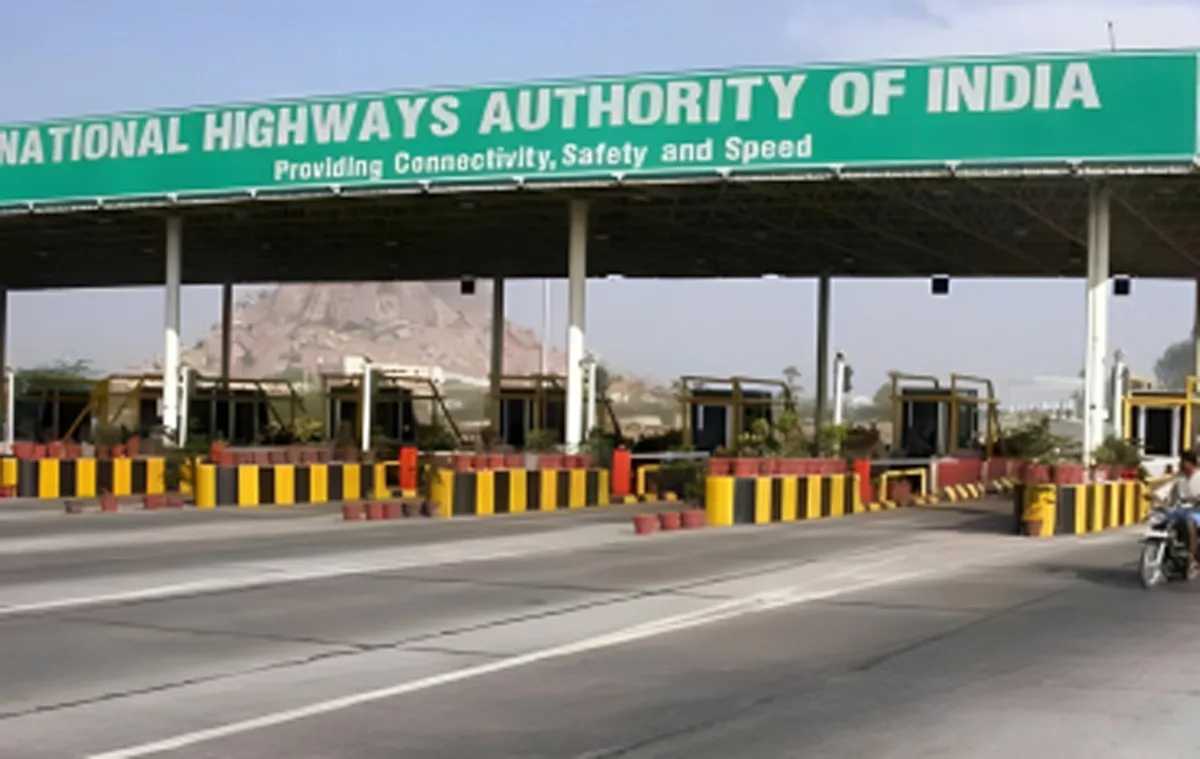The National Highways Authority of India (NHAI) has strengthened contractor eligibility and compliance norms to enhance execution quality, reduce delays, and lower lifecycle costs of highway projects. The reforms follow concerns over misrepresentation of credentials, unauthorised subcontracting, and weak financial accountability in ongoing projects.
A key clarification addresses the qualification criterion of “Similar Work.” Previously, some bidders cited minor or peripheral works to claim eligibility for large projects. NHAI now specifies that only completed highway projects with all major components comparable to the tendered project will count.
Subcontracting rules have also been tightened. Officials reported instances where concessionaires engaged contractors without prior approval or exceeded limits in EPC, HAM, and BOT projects, undermining quality and timelines. Such deviations will now be classified as “Undesirable Practices” and will attract penalties equivalent to fraudulent behaviour.
Financial compliance has been strengthened with a ban on third-party bid and performance securities. Only guarantees backed directly by the bidder or its approved affiliates will be accepted, improving transparency and enforceability.
The Ministry of Road Transport and Highways stated that these measures are aimed at instilling greater discipline in contract execution and safeguarding the integrity of India’s highway development programme.?


